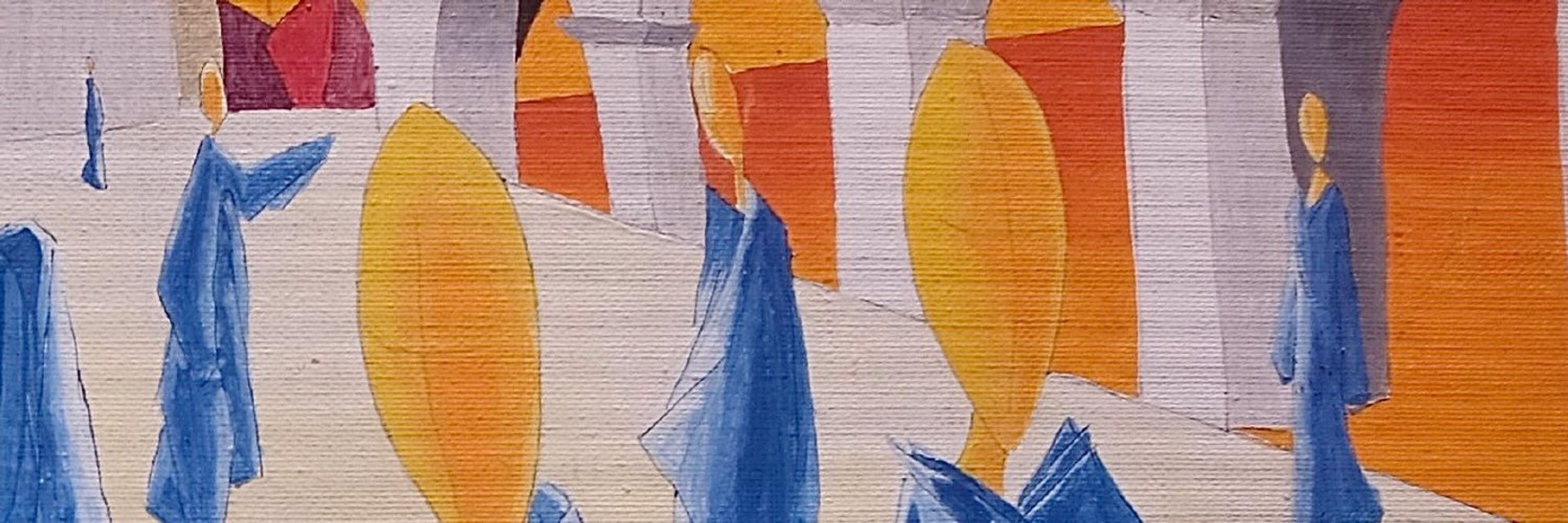
I teach and research the history of economics and the social sciences at Université Côte d’Azur. Personal account. https://sites.google.com/d/1kByt4pZDAWI2SNUeW0fwVkvr1gWIoi2Y/p/1Ux-p6ofLnKK5qkhYvMbY8XNhbZ6nU30h/edit

Un petit tour sur @franceculture.fr pour parler de François Perroux et de son parcours sous le régime de Vichy. Merci à @alietteh.bsky.social et à toute l'équipe d'Entendez-vous l'éco.
@rehpere.bsky.social

www.jstor.org/stable/40587...



Reposted by Nicolas Brisset



